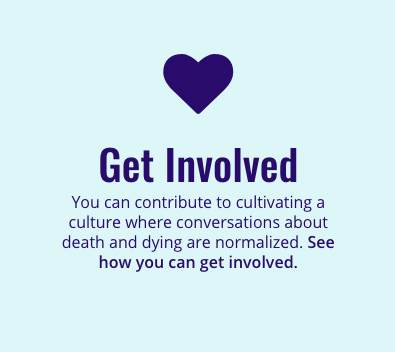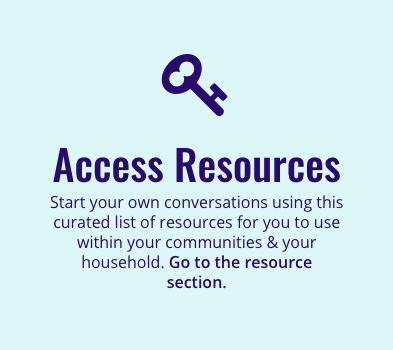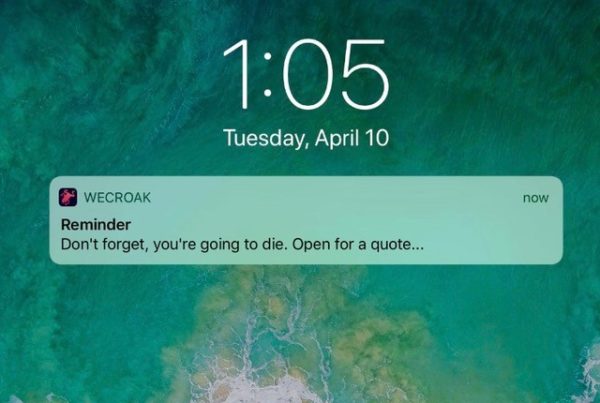You’ve read the news stories of sick people going into an ER, being admitted, and then dying of COVID-19. Hospitals are recommending people fill out advance care directives that can help doctors understand your preferences for health care if you can’t talk for yourself.

Most of us would agree that having an ACP is a good idea but how do you begin the conversations needed that result in a completed form?
As an end of life doula, what I know for sure is that shining a light in the darkness makes the dark less dark, and less scary. Especially when we do it together.

So, here are a few thoughts that can help you get started…
- Just start – There are a thousand excuses for not having the conversation. Trust you won’t have it all figured out when you begin, and that’s okay. This is messy business, which is also okay. Instead of focusing on all the reasons not to talk about it, think instead about all the reasons to talk about it, and just start.
- Talk about it often – Just as you wouldn’t run a marathon without training, you wouldn’t want to create a document detailing your wishes for end of life without a few practice runs first. We get used to talking about death and dying by talking about death and dying and developing a tolerance for it. Little conversations often, with time in between for contemplation, will get you there.
- Consider a “third thing” – I first became familiar with the concept of a “third thing” from the leadership work of Parker Palmer. The idea is to have a doorway into the exploration of something important and difficult by use of, in some cases, a provocative poem, quote, or piece of prose. For the purpose of an end of life conversation, consider these as possible third things: an article about current events (i.e., shortage of respirators, or nursing homes locked down requiring people to die alone, etc.); someone you know who might be touched by COVID-19 through illness or death; or perhaps a quote from our End in Mind newsletter or social media pages. What else might you introduce that could make beginning the conversation easier?
- Agree to try again – If deep emotions flair, take a break. We all have our own unique experiences with, and upbringing around death that make talking frankly about end of life wishes challenging. Be kind to yourself and to those you are talking with. And agree that if you do take a break, this isn’t the end of the conversation. Try, try again.
- Make it fun – It sounds crazy, I know. But don’t bar laughter from the conversation. Get to the hard stuff, but don’t forget that a little irreverence and silliness, distraction or movement can ease the way. Talk as you’re walking or shooting hoops, playing or listening to music, dancing it out, or maybe while you’re doing a puzzle, or playing cards. There is something to be said for not bringing all that is scary immediately into the light. Sometimes we need to distract our rational brain by doing something else, especially if it brings enjoyment, at the same time. There’s a reason we get our best ideas when we’re in the shower or driving the car. Invite movement and fun in and see where the conversation might take you.
- Let nature be your guide – Walk in natural spaces and take a look around, noting where death and new life appear. When we remember that life and death and the never ending cycle of it surrounds us always, it makes it easier to remember ourselves as a part of that same cycle.
- Be gentle – This may be a repeat, but it is something that bears repeating. This is hard work. Be compassionate, be gentle, and be kind.
If COVID-19 has taught us anything, it’s that we’re all in this together. As scary and unsettling and disruptive as this time seems, it affects every one of us. The degree to which we are affected varies, of course, but that is true about the immediacy of end of life issues in our lives at any given time, as well. What stays the same is the fact that we will all die, sooner or later.

For better or worse, right now we’re being offered the invitation to work with the fear we’re feeling, which means leaning in, rather than away from what scares us. And I don’t know about you, but I’m pretty fond of the sense of control (real or imagined) that feeling of being more prepared gives.
We’d love to hear from you about how this invitation into hard conversation feels, how your (your family’s) exploration is going, and maybe even what you’re having to overcome personally to be able to engage in these conversations. Whether you are doing this privately or with your friends and loved ones, we would enjoy hearing from you. On the main page of our website www.endofmindproject.org we have a new feature where you can record your story and let us know how it’s going.









